What Are Irregular Shaped Boxes?
This guide explores irregular shaped boxes, covering their types, design challenges, benefits in protection and branding, and role in sustainable packaging.
Summary
Irregular shaped boxes are specialized packaging solutions designed to accommodate products that do not conform to standard dimensions. These boxes play a significant role in various industries, offering protection and aesthetic appeal for unique or delicate items. Their distinct designs enable businesses to optimize material usage, enhance brand visibility, and improve the overall consumer experience, making them a notable choice for modern packaging strategies in retail and e-commerce.
The manufacturing of irregular shaped boxes often involves customized die-cut designs, rigid structures, and innovative materials that cater to specific product requirements. Custom die-cut boxes, for instance, provide a snug fit for oddly shaped items, minimizing the need for excess padding during shipping and reducing the risk of damage. Rigid boxes offer durability and an upscale presentation for fragile products, while window boxes allow consumers to view the contents without unsealing the packaging. Additionally, folding cartons with inserts and corrugated boxes are utilized to ensure secure transportation of delicate items.
Despite their advantages, the design and production of irregular shaped boxes present unique challenges. Manufacturers must navigate complexities related to production costs, material selection, and the logistics of shipping non-standard shapes, which can lead to higher shipping fees and handling concerns. Moreover, consumer perceptions regarding packaging aesthetics and environmental sustainability increasingly influence packaging strategies, prompting brands to innovate while aligning with eco-friendly practices.
Overall, irregular shaped boxes not only serve functional purposes but also enhance the presentation and branding of products. Their growing popularity reflects a broader trend toward customized and sustainable packaging solutions that resonate with consumers seeking unique and environmentally conscious options in their purchasing decisions.
Table of Contents
Types of Irregular Shaped Boxes
Irregular shaped boxes are designed to accommodate products that do not conform to standard packaging dimensions. These boxes come in a variety of forms and serve multiple purposes in packaging and presentation.
Custom Die-Cut Boxes
Custom die-cut boxes are tailored to fit the exact contours of a product. They are particularly beneficial for irregularly shaped items, providing a snug fit that reduces the need for excess padding during shipping. This customization ensures that the product remains secure and minimizes the risk of damage during transit.
Rigid Boxes
Rigid boxes are ideal for high-end or fragile products. They are constructed to maintain their shape and structural integrity, even when empty. These boxes can feature various elements such as lids, bases, and side walls, making them suitable for items like jewelry. Rigid boxes can be designed with or without windows and can be finished in various styles, such as glossy or matte.
Window Boxes
Window boxes allow consumers to see the product without opening the packaging, which can be an attractive selling point for uniquely shaped items. The transparent section highlights the product’s design while maintaining the protective benefits of a box.
Folding Cartons with Inserts
For products requiring additional support, folding cartons with custom inserts can be utilized. These inserts help keep items secure while providing a sleek appearance. This packaging style is especially useful for delicate or oddly shaped products that need extra care.
Corrugated Boxes
Corrugated boxes consist of three layers of cardboard, featuring a wavy inner layer that provides strength and structure. They are commonly used for shipping irregularly shaped items due to their durability and lightweight nature. These boxes can be customized to fit specific product dimensions, ensuring a secure fit that protects the contents.
Creative Packaging Solutions
Customized odd shaped boxes are designed for businesses aiming to create a distinctive brand identity and enhance customer experience. These boxes allow companies to explore innovative designs that not only serve functional purposes but also showcase creativity and artistic expression. The uniqueness of these boxes can attract consumers looking for memorable packaging experiences.
Flexible Packaging Materials
Innovative materials such as flexible foams and inflatable packaging are increasingly used for odd-shaped items. These materials can conform to the product’s unique dimensions, providing effective cushioning and protection while minimizing excess material use. This approach balances functionality and sustainability, catering to modern consumer preferences.
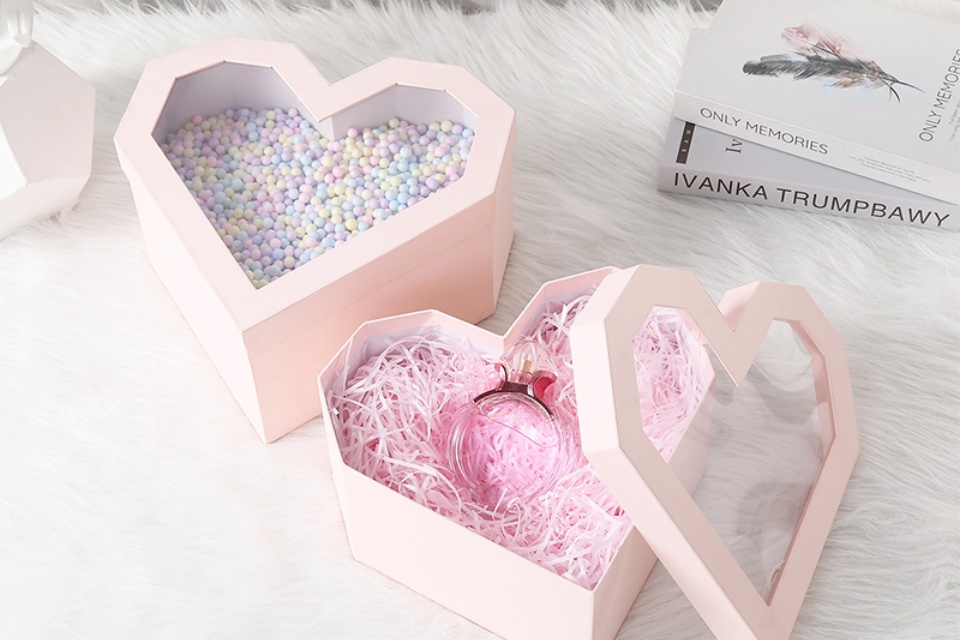
Design and Production
Designing and producing irregular shaped boxes involves a unique set of challenges and innovative approaches tailored to accommodate various dimensions and contours.
Challenges in Design
Irregular shapes can complicate the manufacturing process due to their non-standard dimensions. This irregularity may lead to increased production complexity, raising costs and manufacturing times. To overcome these challenges, manufacturers are increasingly utilizing 3D printing technology, which allows for the creation of precise prototypes and molds that fit each unique product. This technology enables rapid design iteration, ensuring that packaging can be tested and refined prior to mass production, thereby minimizing the risk of damage during transit.
Innovative Solutions
To effectively package irregular items, custom-sized boxes are essential. These boxes are designed to capture the specific dimensions and features of the products, minimizing wasted space and materials. Key considerations in the design process include accurate measurement of the product’s dimensions and creating appropriate structural designs that balance functionality and aesthetics. Designers typically employ computer-aided design (CAD) tools to visualize and manipulate packaging, allowing for precise adjustments that accommodate complex shapes.
Sustainability Considerations
Sustainability is a critical aspect of the design and production of irregular shaped boxes. The manufacturing processes adhere to strict environmental regulations, avoiding harmful chemical treatments such as harsh dyes and bleaches. By using innovative high-speed equipment, manufacturers can increase production capacity while minimizing energy consumption and waste. Additionally, custom packaging solutions can contribute to reduced carbon emissions during shipping by optimizing box dimensions to fit products more efficiently.
Material Selection
Proper material selection plays a vital role in the design of irregular shaped boxes. Packaging providers must consider the durability and cushioning properties of materials to ensure adequate protection for the items being shipped. Molded pulp packaging, for example, can be formed to fit the exact contours of products, preventing movement and potential damage during transit. Moreover, the lightweight and stackable nature of molded pulp contributes to reduced shipping costs and environmental impact.
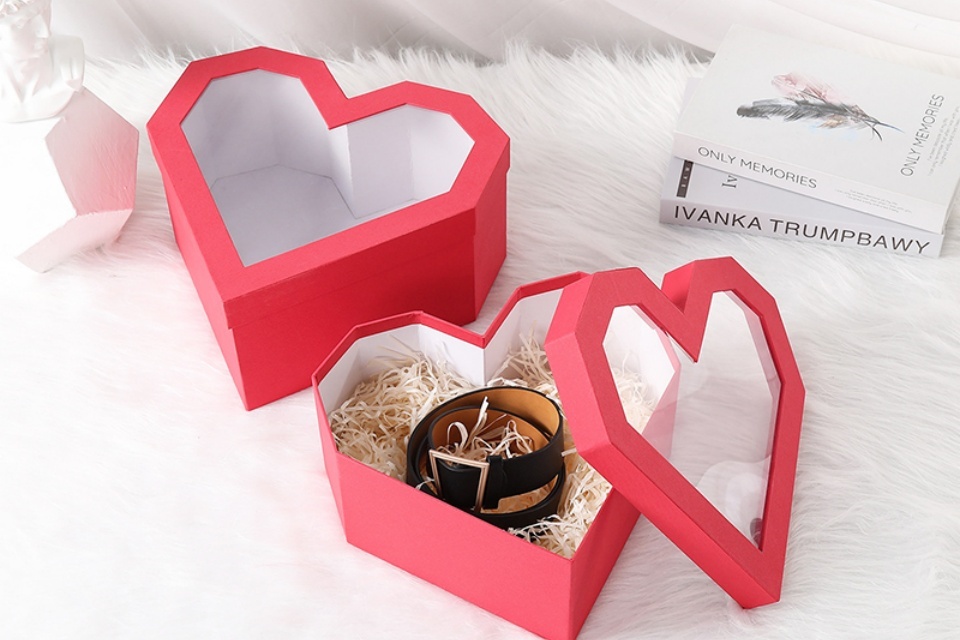
Benefits of Using Irregular Shaped Boxes
Irregular shaped boxes offer a multitude of advantages that extend beyond mere functionality. Their unique designs can enhance the overall presentation and protection of products, making them a popular choice for businesses and consumers alike.
Enhanced Protection
One of the primary benefits of irregular shaped boxes is their ability to provide tailored protection for delicate or breakable items. For instance, cylindrical boxes are often preferred for fragile products because their rounded edges reduce the risk of denting, while custom die-cut boxes snugly fit irregularly shaped items, minimizing the need for excess padding during shipping and handling. This reduces the likelihood of damage and ensures that the contents remain intact until they reach the consumer.
Aesthetic Appeal
Irregular shaped boxes also contribute to aesthetic appeal, which can significantly impact consumer perceptions and purchasing decisions. The unique designs challenge conventional packaging norms, often drawing more attention than traditional rectangular boxes. This distinctive look can enhance brand visibility and create a memorable unboxing experience for customers. Furthermore, incorporating creative graphics and branding elements onto these boxes allows businesses to communicate their identity and values effectively.
Space Efficiency
When it comes to space management, irregular shaped boxes can be more efficient than standard options. For example, triangle boxes are particularly effective at maximizing storage capacity due to their space-saving shapes. This efficiency not only helps in retail environments but also reduces transportation costs associated with shipping.
Versatile Functionality
Beyond their primary use as containers, irregular shaped boxes can serve various purposes. They often act as canvases for artistic expression, allowing artists to decorate and repurpose them into unique pieces of art. Additionally, these boxes can be used for gifting, providing a thoughtful touch that enhances the recipient’s experience by showcasing the care taken in choosing both the gift and its packaging.
Eco-Friendly Options
The growing consumer demand for sustainable products has led to the development of eco-friendly irregular shaped packaging. These designs can improve product display while incorporating environmentally conscious materials, appealing to modern consumers who prioritize sustainability. Brands that adopt eco-friendly packaging strategies often find increased loyalty from consumers who value responsible practices.
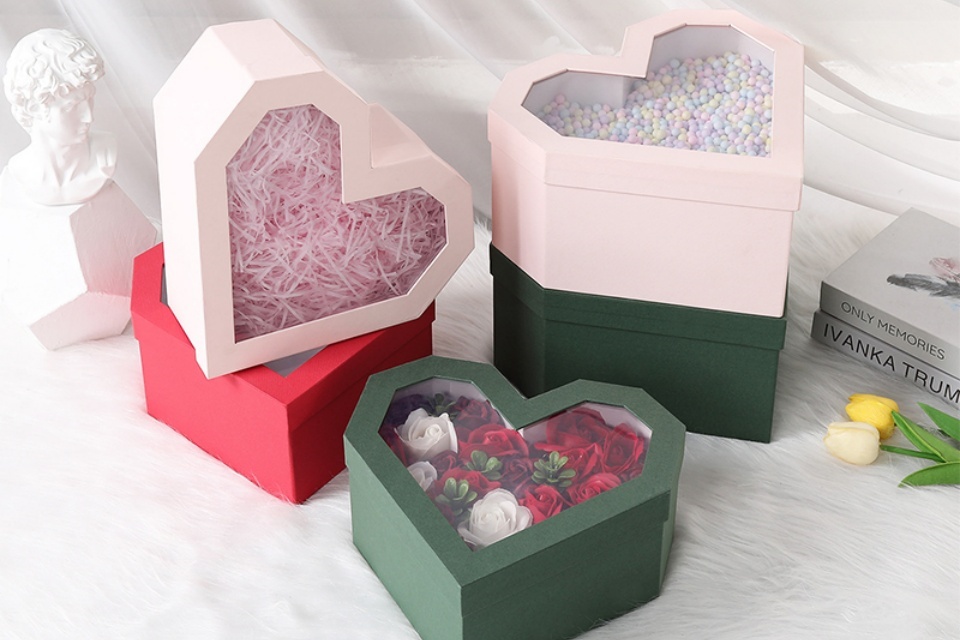
Challenges and Considerations
Packaging irregularly shaped boxes presents a unique set of challenges that require careful consideration during design and shipping processes. One of the primary issues is the cost-effectiveness of packaging solutions, as businesses must evaluate the expenses associated with pre-made packaging options against custom solutions designed for non-standard items. While standard boxes might offer lower initial prices, they often lead to increased shipping fees due to inefficient use of space and the need for additional cushioning materials. In contrast, custom packaging may incur higher upfront costs but can result in long-term savings by optimizing material use, reducing shipping volume, and minimizing product returns caused by damage.
Handling and Transportation Issues
Handling irregular shapes can complicate transportation logistics. Shipping services in the USA typically accept odd-shaped boxes; however, factors such as weight and volume significantly influence shipping costs. Businesses are advised to discuss specific terms and conditions with shipping providers to ensure effective handling of these items. Additionally, the physical characteristics of the packaging—such as material choice and design—can impact protection and safety during transit, necessitating thorough testing to assess performance under various conditions, including shock and vibration.
Consumer Perceptions and Preferences
Consumer perceptions play a critical role in the success of packaging strategies for irregular shapes. Research indicates that U.S. consumers prioritize food safety and shelf life over broader environmental concerns when considering packaging. As such, companies need to align their packaging solutions with consumer values, emphasizing features like recyclability and reduced CO2 impact to appeal to environmentally conscious demographics. Furthermore, the aesthetic appeal of packaging also influences purchasing decisions; a positive unboxing experience can enhance consumer satisfaction and loyalty.
Complexity of Design
The complexity of designing packaging for irregular shapes extends beyond mere aesthetics and functionality. It involves balancing various factors such as legal requirements for food safety, quality, and environmental sustainability, as well as the expectations of diverse stakeholders, including retailers and consumers. This balancing act requires innovative solutions that can accommodate the multifaceted nature of packaging design while still maintaining cost-effectiveness and user-friendliness.
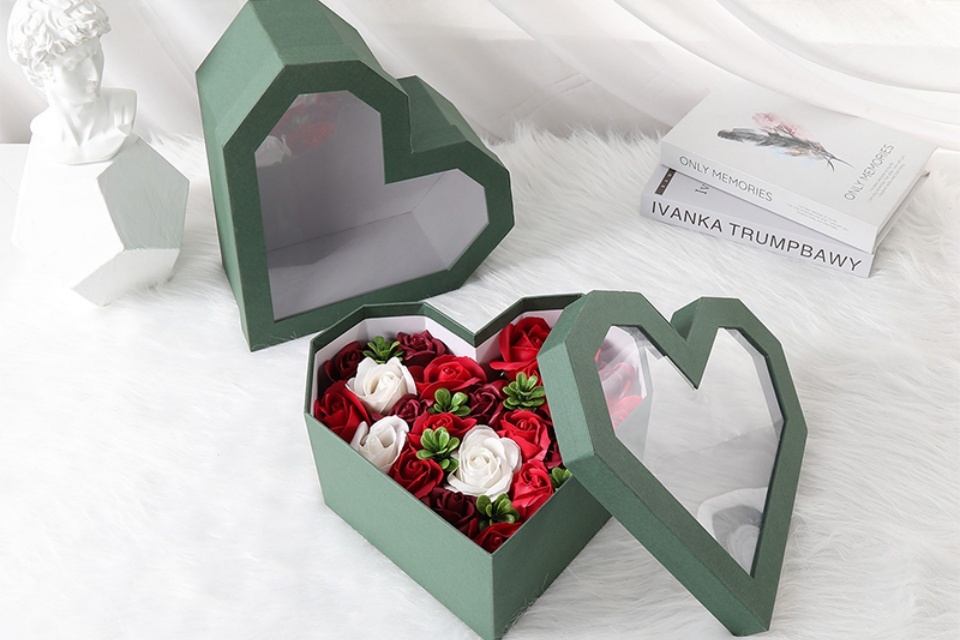
Case Studies
Custom Odd Shaped Cases in Various Industries
Fieldtex Cases specializes in the production of custom odd shaped cases, designed to cater to items that do not fit standard packaging solutions. Their expertise is evident in the manufacturing of cases for a range of applications, including musical instruments, specialized electronics, and scientific instruments. The company emphasizes the importance of using high-quality materials and innovative designs to ensure that each case perfectly fits its unique contents, providing both safety and aesthetic appeal.
E-commerce Packaging Challenges
The issue of packaging dissatisfaction has also been identified in the realm of e-commerce. Research indicates that consumer frustration with packaging sizes and waste has become a pressing concern, leading to the development of frustration-free e-commerce packaging solutions. Such innovations have gained attention since at least 2012, highlighting the need for companies to consider consumer attitudes towards packaging in their design strategies.
The Impact of Packaging Design on Consumer Behavior
Creative packaging plays a significant role in influencing customer behavior. Studies have shown that effective packaging can attract attention and persuade consumers, ultimately facilitating purchasing decisions. Companies that align their packaging design with their brand values can enhance customer loyalty and create memorable interactions. The synergy between packaging functionality and brand messaging is critical, as illustrated by examples of brands that successfully communicate sustainability through their packaging choices.
Psychological Considerations in Packaging Design
The psychological impact of packaging on consumer decision-making cannot be overstated. Research indicates that the interplay of visual appeal, functionality, and storytelling within packaging design contributes to consumer perceptions and fosters brand loyalty. For instance, packaging that visually communicates trust and relevance is more likely to capture consumer interest and influence buying behavior.
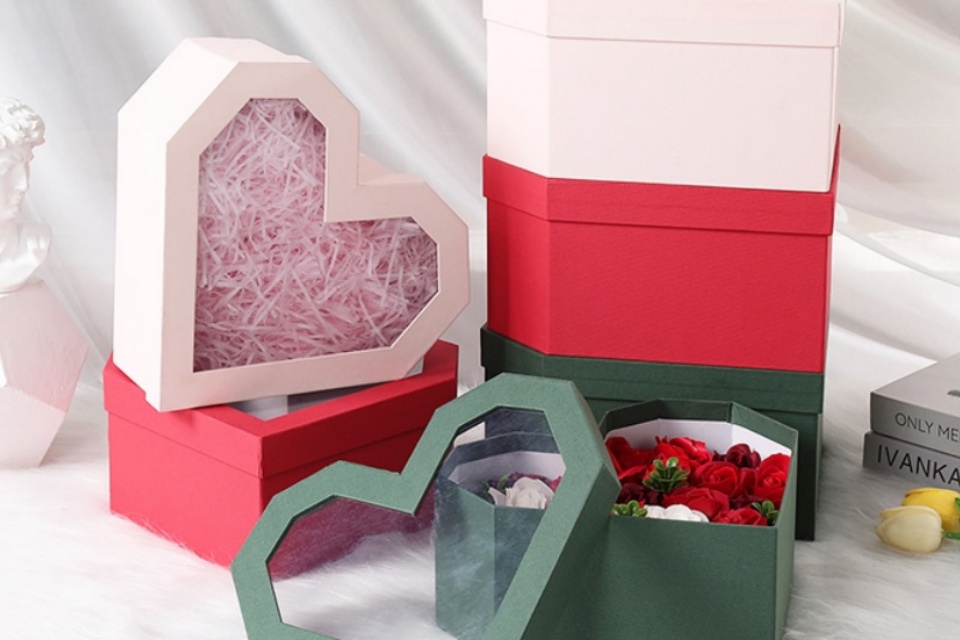
Sustainability in Irregular Shaped Packaging
Irregularly shaped packaging presents both challenges and opportunities in the realm of sustainability. The distinctive nature of such packaging can lead to innovative design solutions that not only enhance product protection but also minimize environmental impact.
Advantages of Irregular Shapes
One significant advantage of using irregular shapes in packaging is the potential for creative and customized designs that align with brand identity and product aesthetics. This customization can also optimize material usage, contributing to more eco-friendly packaging solutions by reducing waste. Brands that prioritize sustainability are increasingly exploring these unique shapes to enhance their packaging strategies while adhering to environmental standards.
Material Selection and Environmental Impact
The choice of materials is crucial in sustainable packaging design. Businesses are now leaning towards materials that possess lower environmental footprints, such as recyclable and renewable resources. These materials often offer comparable or even superior protective qualities compared to traditional options. Innovative solutions, including flexible foams and inflatable packaging, are becoming popular for accommodating irregular shapes while ensuring the safety of products during transport. By selecting materials wisely, companies can significantly reduce the ecological impact of their packaging.
Challenges in Packaging Irregular Shapes
Despite the advantages, packaging irregularly shaped items poses unique challenges. Standard packaging solutions, typically designed for regular shapes, may not adequately protect delicate or fragile items, leading to potential damage during transit. Moreover, the inefficiency of space utilization can result in wasted materials and increased shipping costs due to oversized packaging. Addressing these challenges requires creative and tailored packaging solutions that ensure both product safety and sustainability.
Consumer Demand for Sustainable Options
As eco-consciousness continues to rise among consumers, brands are responding to the demand for sustainable packaging solutions. Studies indicate that a significant majority of consumers are willing to pay more for products with environmentally friendly packaging. This shift emphasizes the importance of integrating sustainability into packaging strategies, especially for brands that market irregularly shaped items. Companies that successfully adopt sustainable practices not only attract environmentally conscious consumers but also foster brand loyalty and differentiate themselves in a competitive market.
